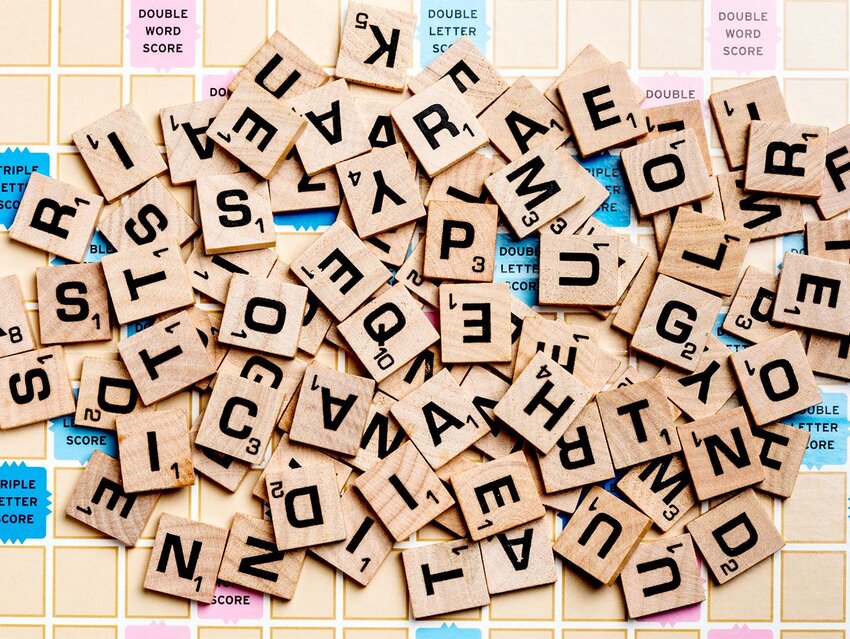Scrabble players know the frustration that comes with a stack of consonants and no vowels. It seems like victory may be out of sight. Not so fast — playing a word without any vowels might be enough to win the game. We gathered vowelless words (and the etymological explanations for their spellings) for you to memorize before your next match.
Why Sometimes “Y”?
When struggling to come up with a vowelless word, “rhythm,” “crypt,” “sync,” and “myth” come to mind. But go back to grade-school lessons and the sing-song rhyme lists off all the vowels: “A,” “E,” “I,” “O,” “U,” and sometimes “Y.” This “sometimes” has to do with how “Y” functions in a word. For instance, if a word ends in a “Y” (fly), it functions as a vowel. If “Y” mimics the “E” or “I” sound in a word, it also takes the role of a vowel.
Take another look at those words and sound them out. “RIH-THM.” “MIHTH.” “CRIPT.” While grammar rules might categorize those words as having a vowel, they still count as “vowelless” on your Scrabble board.
(There are still words that include “Y” as a consonant. These words start with “Y,” creating a solid sound, as with “yard,” yule, or yeti. Words with a “Y” in the middle of the word (but at the beginning of a syllable) also use this letter as a consonant, such as “lawyer.”)
Other Vowelless Words
Never fear, Scrabble players. There are plenty of vowelless words without a tricky “Y.” Onomatopoeic words — or words that imitate the sound they’re describing — can be great options. Need to show your disregard for something? “Pfft” is a great option. Feeling tired after a long day? You need to catch some “zzz’s.” Want to gently show you’re disappointed with someone? “Tsktsk” them. Feeling a little chilly? You can shiver and “brr.”
Look to other languages for some word suggestions that don’t use vowels. According to official Scrabble rules, players should agree upon the dictionary to use in case of challenges, and any foreign origin words that appear in the dictionary are allowed.
Welsh has several words that use a “W” instead of a “U.” While Welsh can look intimidating to pronounce, the “W” often functions as a “U,” which can make it easier to sound out.
Some Welsh words to consider: Cwm is a topographical reference to a valley. Another option is crwth, which is a string instrument similar to a violin. And then there’s cwtsh, which means hug.
The next time you’re staring at a rack of consonants, just pull out a few of your favorite onomatopeias or show off your Welsh.
Featured image credit: Juanmonino/ iStock

